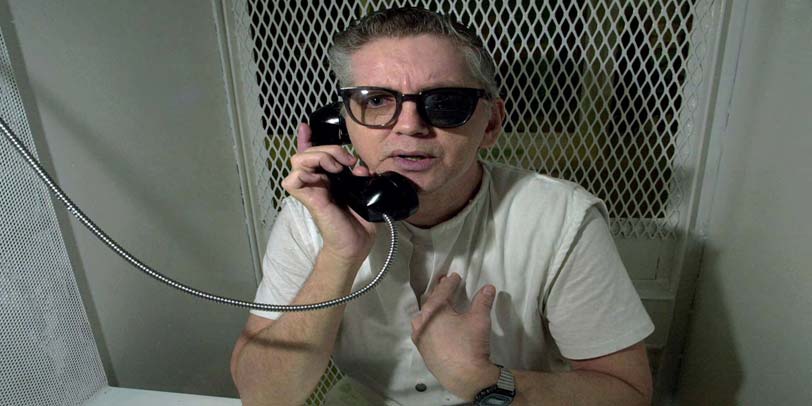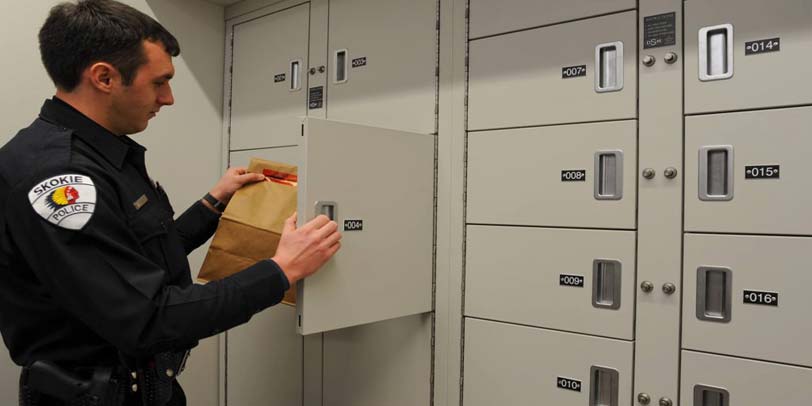Even if you have successfully completed a drug rehab program and are now completely clean, there may be aspects of your past, when you were a drug user, that may still feel as though they haunt you. One such scenario is if you were found guilty of a crime related to your drug use and, as a result, now have a criminal record. A criminal record can seem like a large chain holding you back from employment, going back into education or obtaining credit.
There are indeed many enlightened employers, education establishments and credit organisations that look past someone’s criminal past and try to look at the attributes the person now has rather than judge them for past indiscretions. It is to their credit that many of these organisations see someone going through a drug rehab program as a positive and proof that they can show commitment to achieving a goal.
It has to be said that achieving the goal of giving up drugs, as you may well know, is one that requires a lot more grit and determination than many goals we could mention. Ultimately, it proves you can focus on something difficult to achieve and stay the course until you succeed. Many employers and others decide upon your value as a person who shows admirable courage and puts your drug rehab in the plus column rather than the minus column.
















